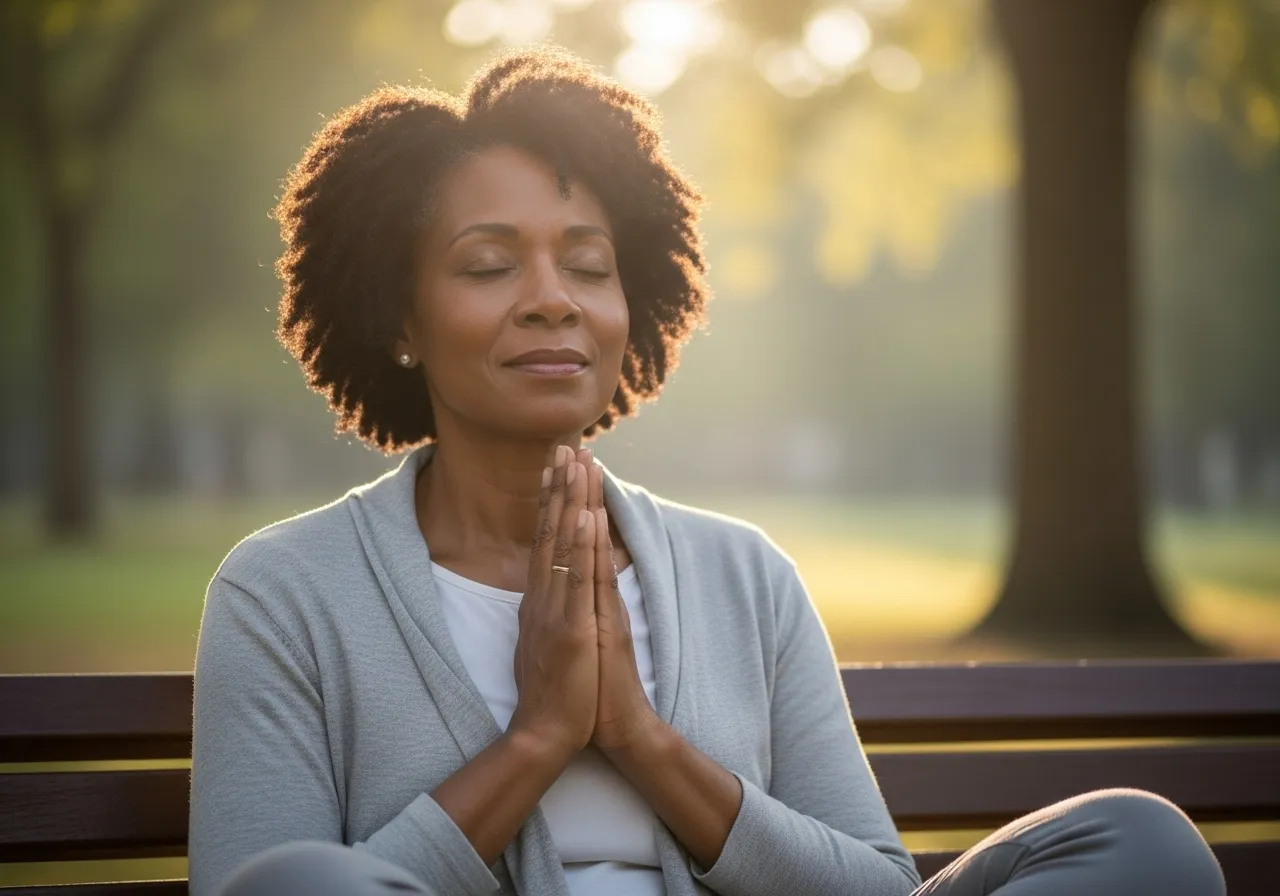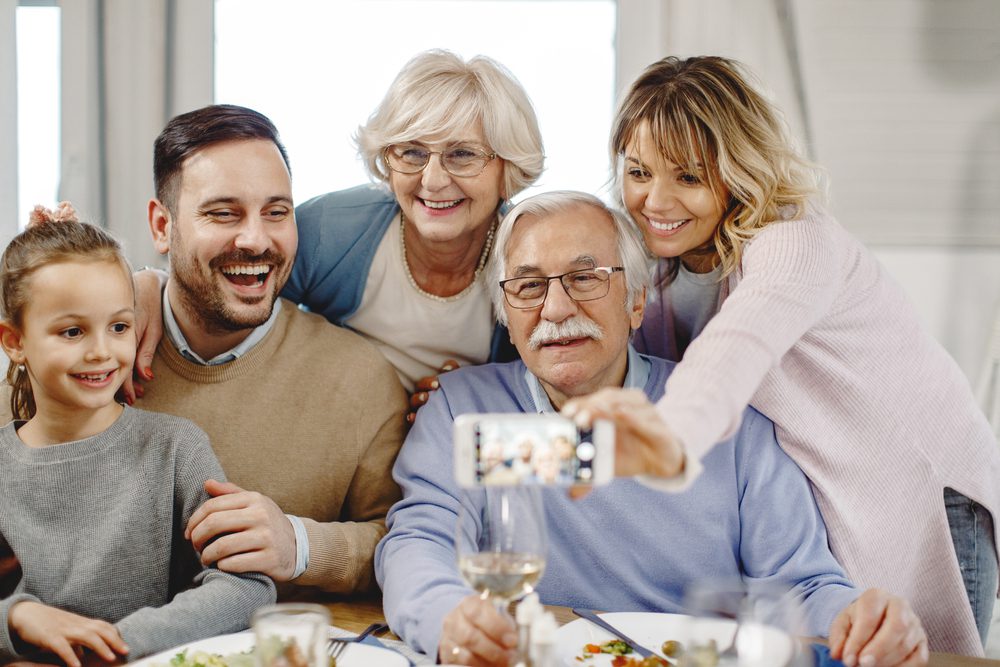
Why Consider This Practice After 50? The Science-Backed Benefits
The decision to start a new habit is often easier when we understand the potential rewards. The practice of mindfulness and meditation is supported by a growing body of scientific research, particularly for its positive impact on the aging process. While it is not a panacea, consistent practice can be a powerful tool for enhancing quality of life. Here are some of the key benefits relevant to seniors.
Effective Stress Reduction
As we age, we may face unique stressors, from managing health issues to navigating changes in our social roles. Chronic stress keeps our body in a state of high alert, known as the “fight-or-flight” response, leading to an overproduction of the stress hormone cortisol. Over time, this can contribute to health problems like high blood pressure, weakened immune function, and sleep disturbances. Mindfulness meditation helps activate the body’s relaxation response, or the “rest-and-digest” system. By focusing on the breath and grounding yourself in the present, you can calm your nervous system, lower your heart rate, and reduce the physiological impact of stress. This is a primary reason many people seek out guided meditation for seniors for anxiety.
Improved Focus and Cognitive Function
It is normal to notice some changes in cognitive abilities with age. You might find it takes longer to recall a name or that you are more easily distracted. Mindfulness practice is a form of attention training. Each time you notice your mind wandering and gently bring it back to your breath, you are strengthening the neural networks responsible for focus and concentration. Research suggests this may have benefits for working memory, which is the ability to hold and manipulate information for short periods, like remembering a phone number while you dial it. While not a cure for cognitive decline, it is a proactive way to engage your brain. The National Institute on Aging (NIA) provides extensive information on what constitutes normal cognitive aging versus signs that may warrant a medical evaluation.
Enhanced Emotional Regulation
Life can present emotionally challenging situations, such as grief, frustration with physical limitations, or loneliness. Mindfulness teaches you to observe your emotions with curiosity rather than being consumed by them. You learn to recognize a feeling like sadness or anger as it arises, name it (“Ah, there is sadness”), and allow it to be there without reacting impulsively. This doesn’t mean you suppress emotions; it means you develop a more balanced and compassionate relationship with them. This skill can lead to a greater sense of emotional stability and resilience in the face of adversity.
Support for Physical Health
The mind and body are deeply connected. By reducing stress, mindfulness can have a positive ripple effect on physical health. Studies have linked regular meditation practice with improvements in sleep quality, a modest reduction in blood pressure, and better management of chronic pain. For individuals with conditions like arthritis, mindfulness can help change their relationship with pain. Instead of tensing up against the discomfort, they learn to observe the sensation with less fear and resistance, which can reduce its perceived intensity. It is crucial to remember that meditation is a complementary practice and should never replace medical treatment prescribed by your doctor. General evidence overviews from the American Psychological Association (APA) can offer more insight into the mind-body connection.










Leave a Reply